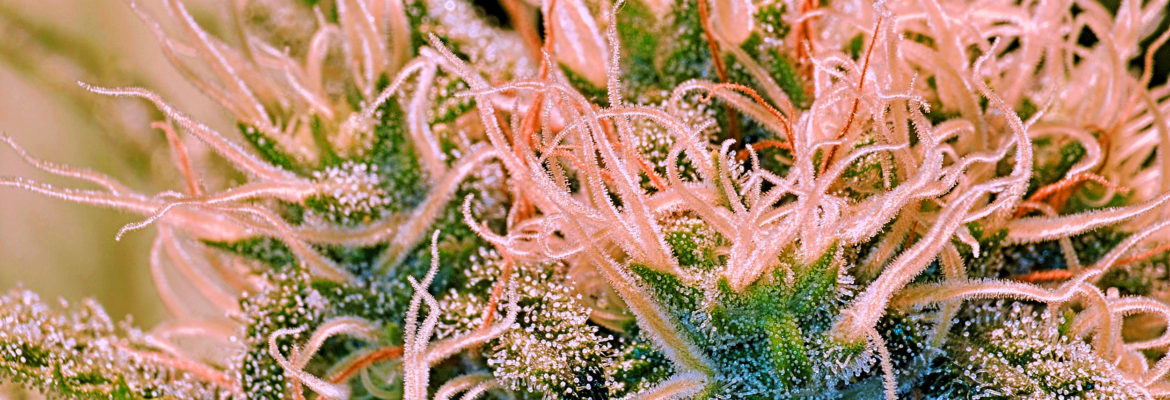Taxes From Legal Pot Could Subsidize Weed For Low-Income Patients In New Mexico
SANTA FE, N.M. (AP) — A proposal unveiled Wednesday for legal marijuana sales throughout New Mexico would use taxes to subsidize medical pot purchases for low-income patients and set aside money for police and loans to cannabis startup companies.
A panel appointed by Gov.
Michelle Lujan Grisham, a Democrat, published recommendations for
legalization that take cues from other states that regulate recreational
marijuana markets.
The proposal would prohibit local governments
from banning marijuana sales, though they could apply restrictions on
business hours and locations, said Albuquerque City Councilor Pat Davis,
who led the governor’s task force on legalization.
The provision is aimed at curbing illicit markets and keeping marijuana shoppers from traveling long distances.
The recommendations will now go to the Legislature for consideration.
Davis said several elements would set New Mexico apart from other states, in part by protecting its medical marijuana program from a potential exodus of patients — an outcome that has been seen in several other states.
“We’re going to use some of the revenue from recreational marijuana to reinvest … so we don’t lose those patients,” he said.
Medical
marijuana is currently taxed on average at 7% but would become tax-free
under the legalization proposal. Millions of dollars would be set aside
to subsidize cannabis for low-income patients with qualifying medical
conditions such as cancer, post-traumatic stress disorder or chronic
pain.
All licensed recreational marijuana business would be
required to serve the medical marijuana market, with priority given to
patients when supplies are scarce.
The recommendations from the
23-member task force set the stage for a new push to authorize
recreational use and sales of marijuana when the state Legislature
convenes in January.
Bipartisan legalization legislation stalled
in the state Senate earlier this year. The measure proposed
state-operated marijuana stores as a way to limit the proliferation of
storefront shops in small towns. It encountered resistance from existing
medical dispensary owners.
Lujan Grisham has made her support for
recreational marijuana contingent on finding ways to protect children
and ensure roadway safety and effective workplace regulation.
The task force recommendations include a ban on marijuana ads on television, radio and mobile devices.
Nonsmoking
marijuana products would be tested and labeled to show the
concentration of psychoactive THC to try to reduce hospital visits
linked to unintentionally high doses of THC.
Legal cannabis would
be treated much like alcohol when it comes to the workplace. Workers
currently must demonstrate that a long period of time separates
intoxication and job duties.
To pay for safety and other
initiatives, a 10% excise tax on recreational pot was suggested, with
proceeds divided equally between state and local governments. Combined
with taxes on sales and business transactions, that would mean an
average markup of 17% for marijuana.
Initial annual revenues of $55 million were anticipated, a figure that officials have predicted could double within five years.
A
cannabis venture fund would provide loans to low-income and small
family owned businesses to start marijuana businesses and provide
cannabis-industry job training at community colleges.
The
recommendations would continue the state’s prohibition on growing
marijuana at home without a specialized medical authorization, while
decriminalizing minor violations. The task force endorsed automatic
expungement of past cannabis possession convictions.
Currently,
medical pot patients must register for a personal production license to
grow up to 16 plants at a time — a figure that includes just four mature
plants with ingestible flowers.
The post Taxes From Legal Pot Could Subsidize Weed For Low-Income Patients In New Mexico appeared first on High Times.
>View original article
Author: Associated Press

